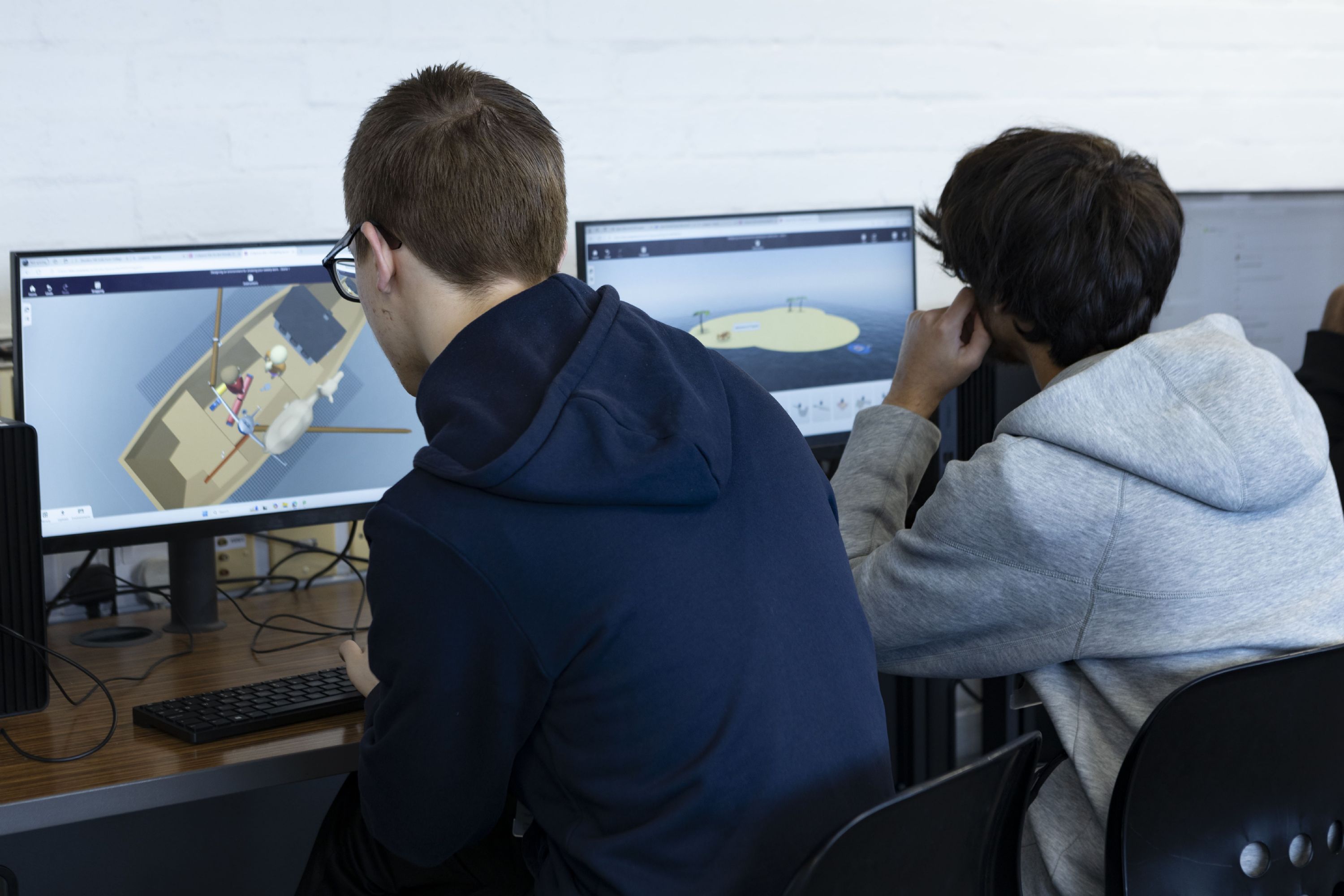
Overview
Unlock Your Creative Potential in Game Development at Shooters Hill Sixth Form College!
Are you passionate about gaming and the art of storytelling through interactive experiences? Join our BTEC Level 3 Game Development course at Shooters Hill Sixth Form College and embark on an exhilarating journey to turn your creative visions into reality.
Course Content
Our comprehensive program is designed to equip you with the skills and knowledge necessary to thrive in the dynamic world of game development. You will explore various areas, including:
· Game Coding: learn how to code for Unity using C# programming language
· Game Art & Design: Learn the principles of game art, character design, and environment creation. Get hands-on experience using industry-standard tools like Blender to craft visually stunning assets.
· Game Psychology: Understand the mechanics behind player engagement and user experience. Discover how to design games that captivate and resonate with players, enhancing their journey through innovative gameplay.
· Game Technology: Delve into the world of game engines with Unity, the industry's leading platform. Gain proficiency in Unity 2D and 3D development, and master C# coding to bring your game ideas to life.
Practical Projects:
Throughout the course, you will develop a diverse portfolio of projects, showcasing your abilities in both 2D and 3D game development, as well as Virtual Reality experiences. From concept to execution, you will learn how to produce immersive games that stand out in today’s competitive industry.
Requirements
To enrol in the BTEC Level 3 Game Development course, you’ll need:
-
5 GCSEs at grade 4-9 (or level 2 Merit equivalency, for example BTEC), must include English and Maths.
-
A keen interest in gaming, design, and creativity
Careers
Here are just a few examples of the different career opportunities you could pursue after completing the BTEC Level 3 Game Development course:
1. IT Support Roles – IT support technician, helpdesk support, network support assistant
2. Game Development – Junior game developer, game tester, game design assistant
3. Programming and Software Development – Junior programmer, software developer, application support assistant
4. Digital Graphics and Animation – Junior graphic designer, 3D modelling assistant, animation production assistant
5. Cybersecurity – Cybersecurity support technician, IT security assistant, network security trainee
6. Project Management and Coordination – Junior project coordinator, IT project assistant, game development project assistant
7. User Experience (UX) Design – Junior UX designer, usability tester, interaction design assistant
8. Technical Support – IT technician, hardware support, system administrator assistant
9. IT Infrastructure – Junior network administrator, systems support assistant, IT technician
10. QA and Testing – Quality assurance tester, software testing assistant, and game testing technician.![]()
